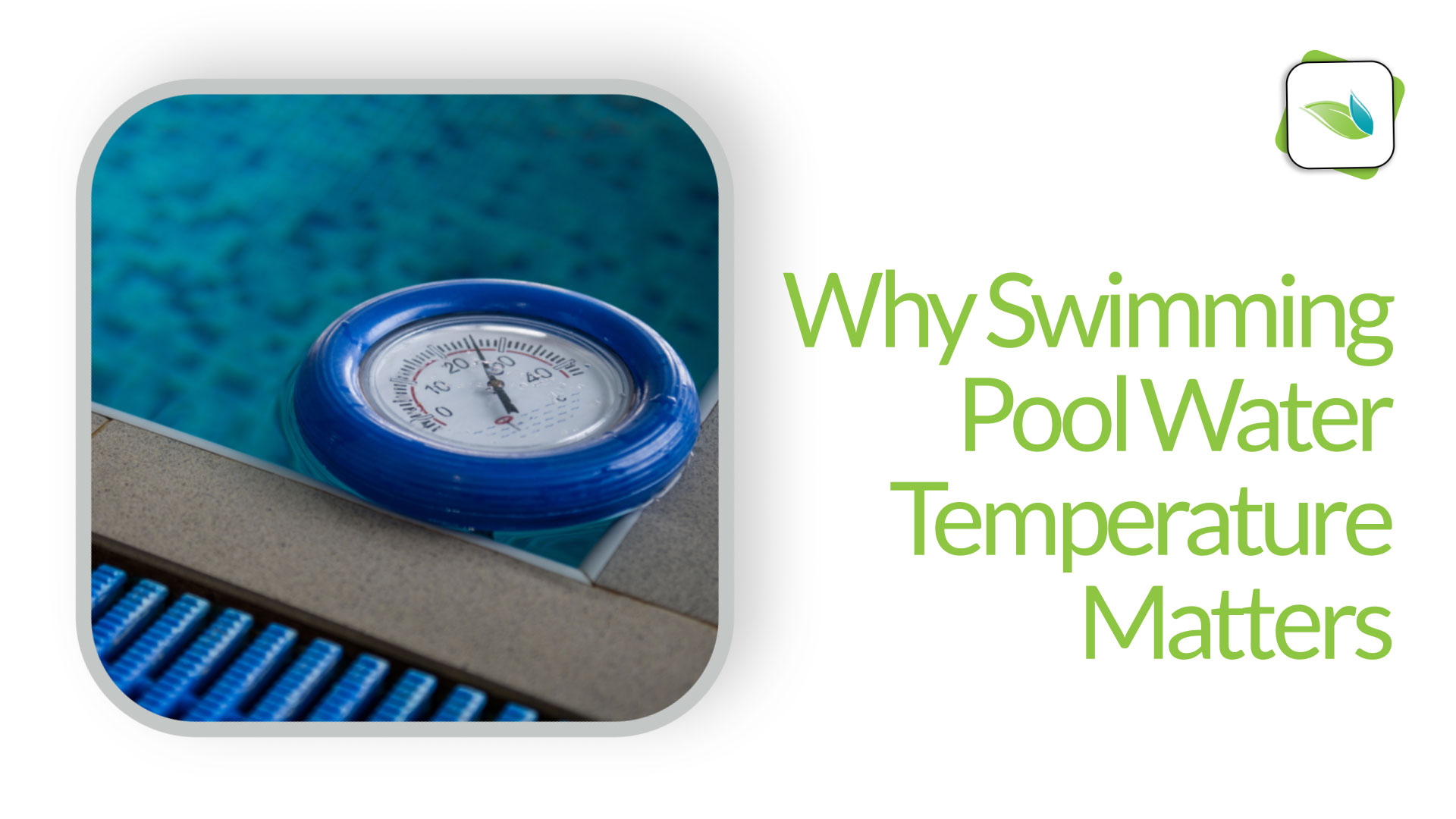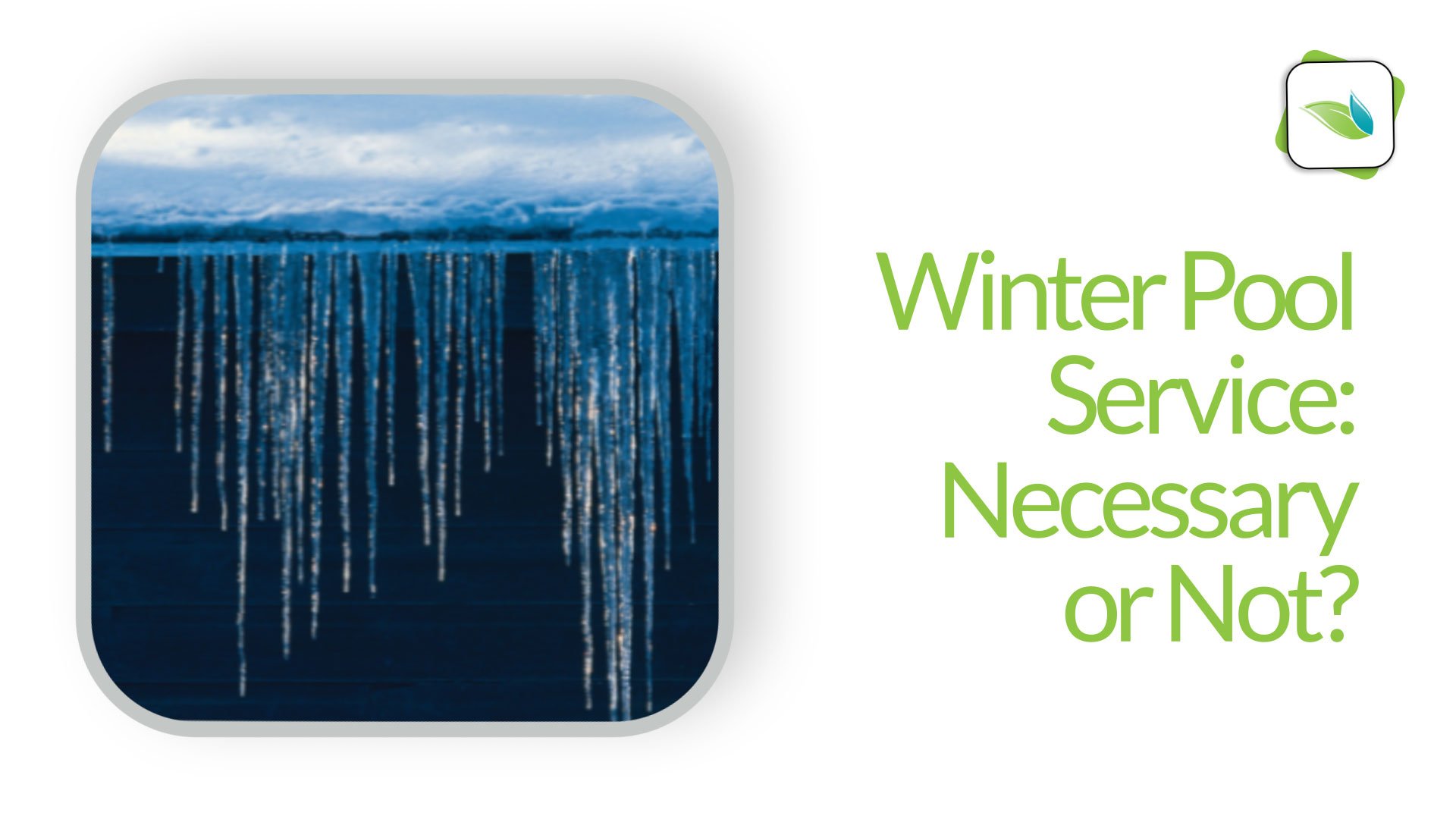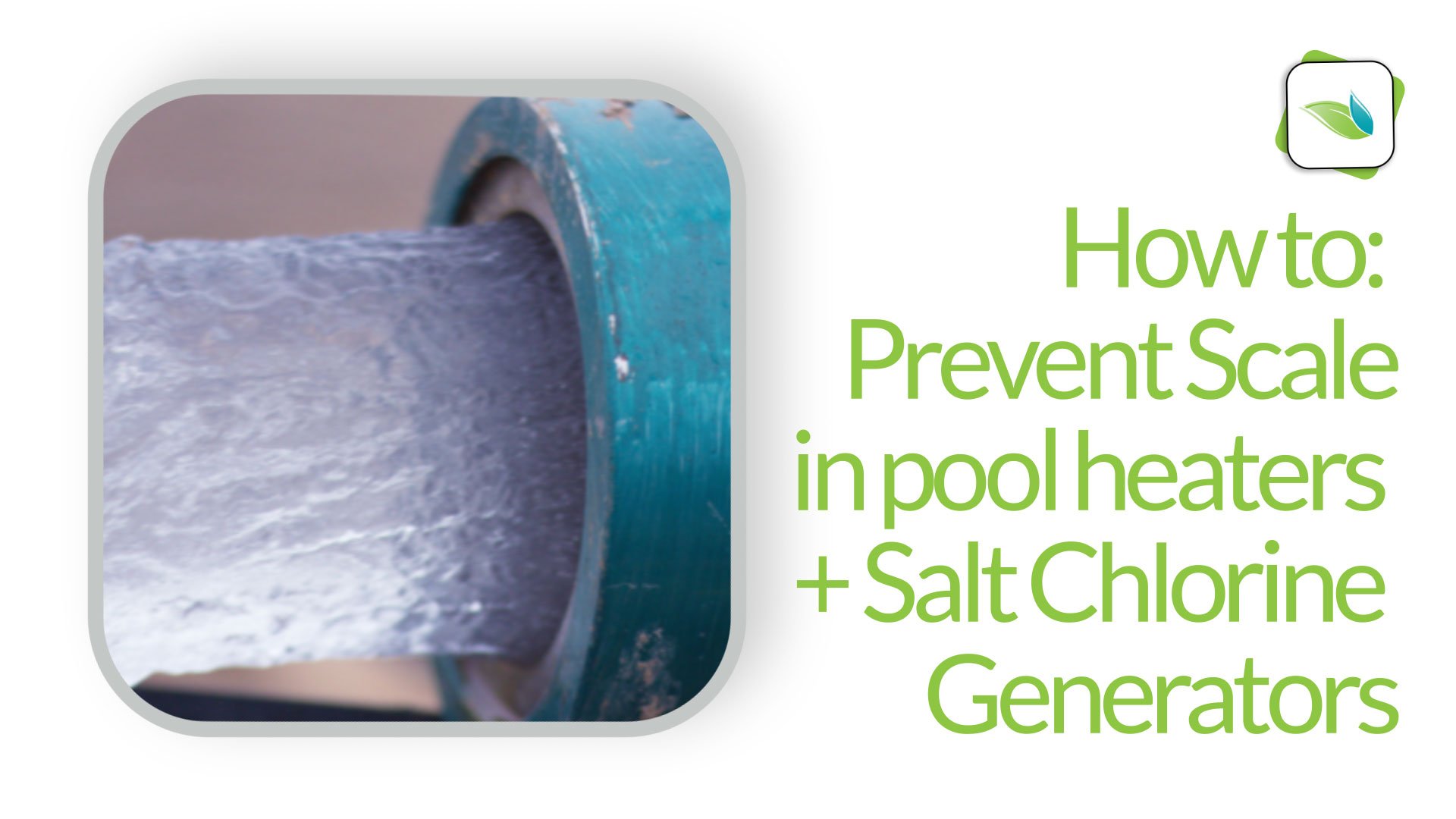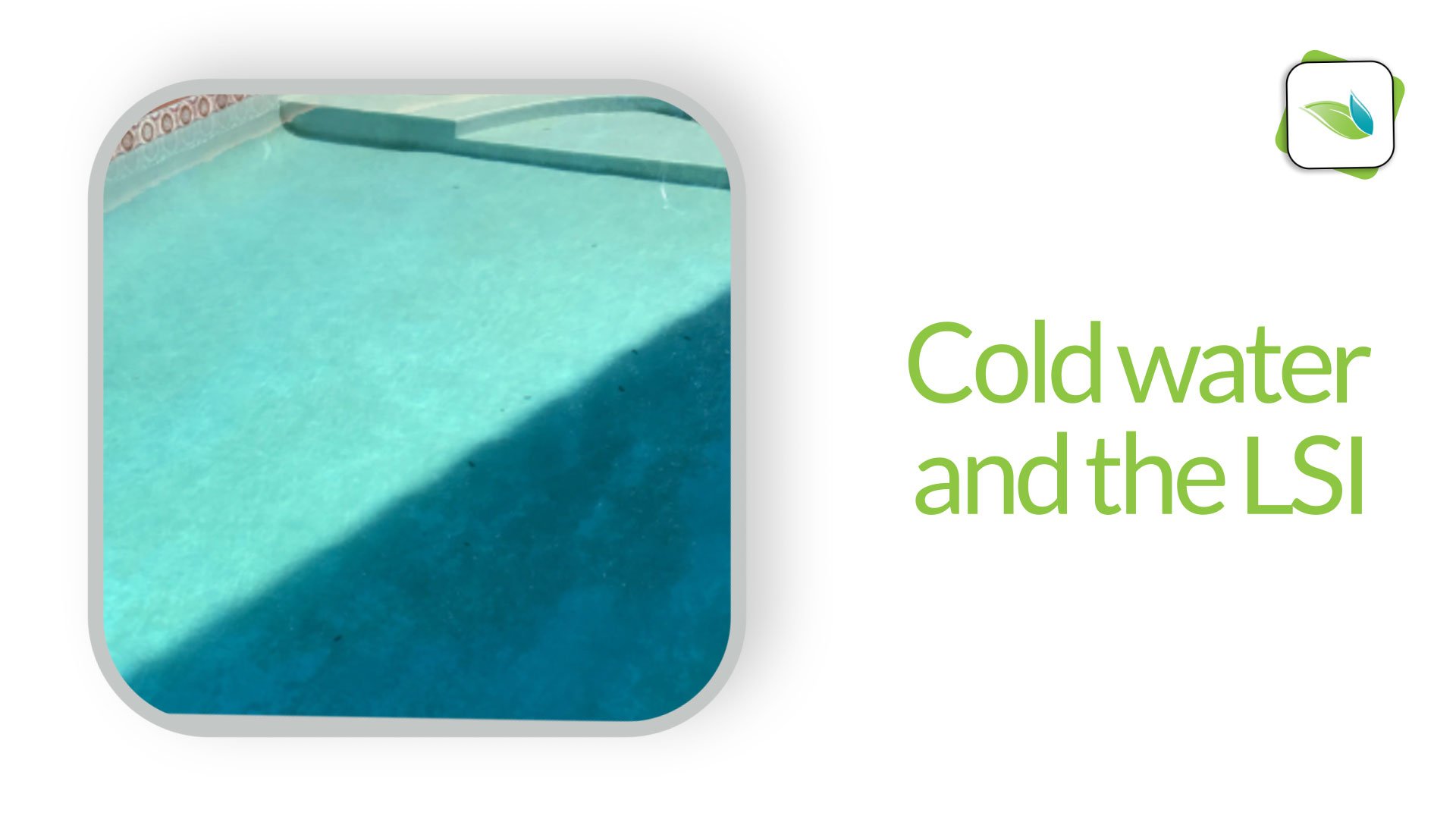Why Swimming Pool Temperature Matters
Swimming pool temperature impacts the water chemistry in a big way. This article will outline a few reasons why.
Posts about:

Swimming pool temperature impacts the water chemistry in a big way. This article will outline a few reasons why.

There are few certainties in life: death, taxes, deadlines, and homeowners who want to suspend or cancel pool service during the winter. We understand the logic behind suspending pool service, but we also know that the logic is based on incomplete information. As pool professionals, it is our responsibility to inform customers–homeowners who ultimately make the final decisions about their pool–about what cold water can do to their pool over the winter.

Calcium carbonate scale forms in swimming pools and other water systems when the water is over-saturated with calcium carbonate. This can be measured and predicted using the Langelier Saturation Index (LSI). This article discusses why saltwater chlorine generators and pool heaters tend to scale more frequently than the rest of the pool. Hint: temperature matters.

After the initial fill/startup, the vast majority of damage done to a swimming pool occurs during the winter. This is because cold water lowers the LSI, making water more aggressive. In other words, etching and corrosion are more likely to happen in cold water.